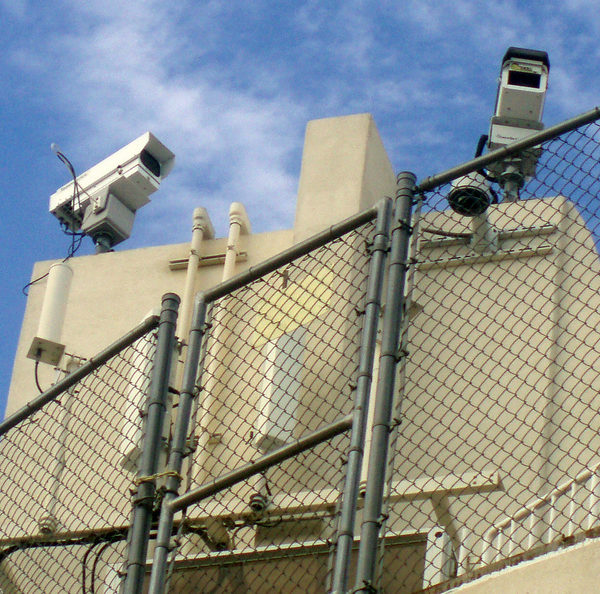
This is the fourth, and final, post in a series that was kick-started last September with a short discussion of how the growing field of just intelligence theory might be overly influenced by jus contra bellum thinking, or what Tobias Winright has coined “the presumption against harm version of just war theory.” This particular variant of just war theory is defined at its core by a presumption against war or a presumption against the use of force.

Over the last 6-7 years, a growing body of literature has coalesced around the idea of just intelligence theory. The burgeoning interest has resulted in the establishment of the International Intelligence Ethics Association, as well as the attendant International Journal of Intelligence Ethics. As a sub-specialty of intelligence ethics, its aim has been to integrate just war theory with intelligence collection, national security policing and domestic counterterrorism – subjects that fall in a murky “middle ground” between external and internal opponents.

In his When War Is Unjust: Being Honest in Just-War Thinking, theologian John Howard Yoder asks, “Can the criteria function in such a way that in a particular case a specified cause, or a specified means, or a specified strategy or tactical move could be excluded? Can the response ever be ‘no’?” (Orbis 1996, p. 3) In my judgment, the present crisis in Syria is indeed a particular case where a just war response is “no.”




